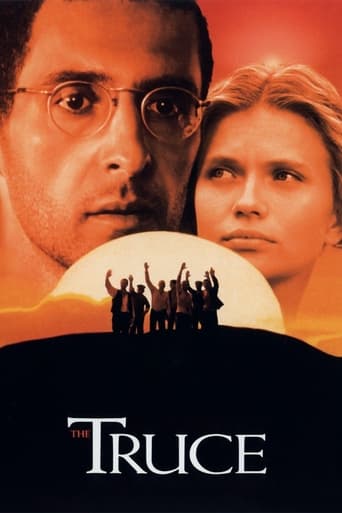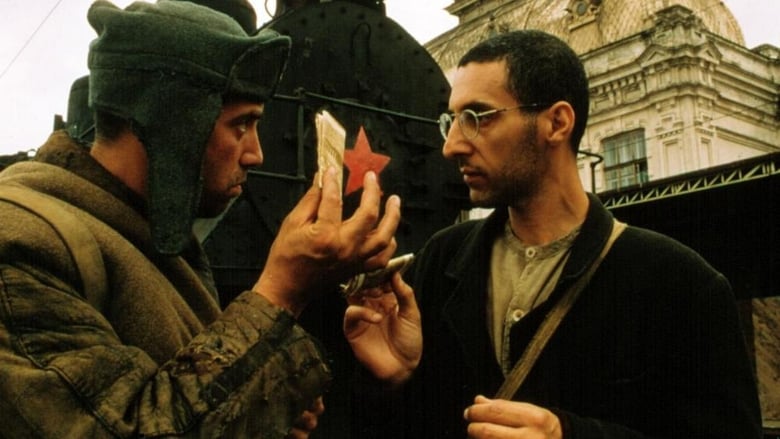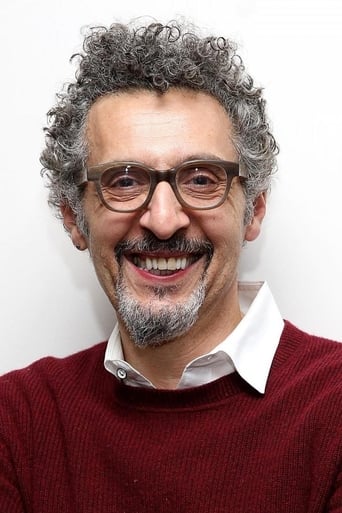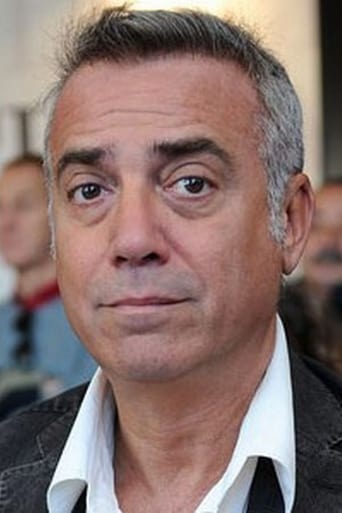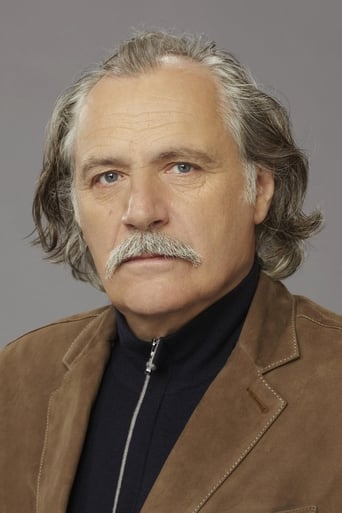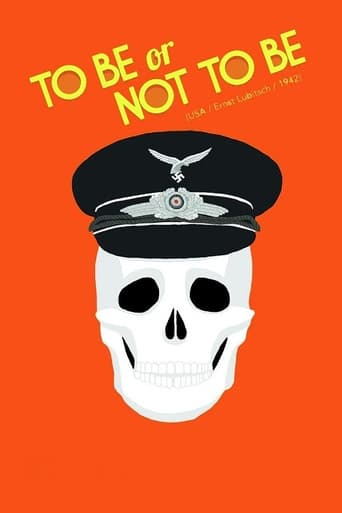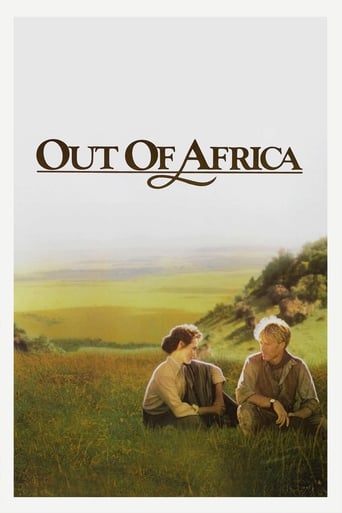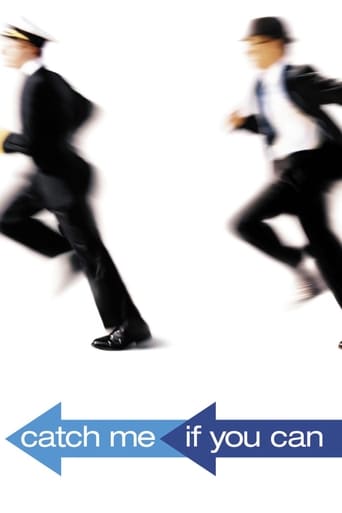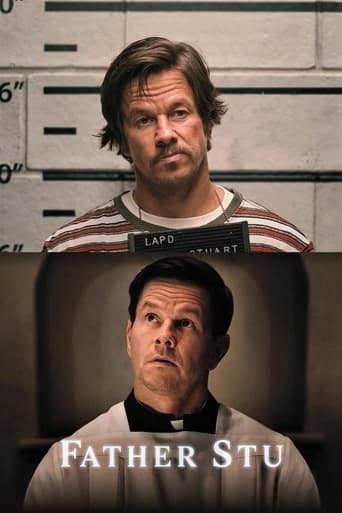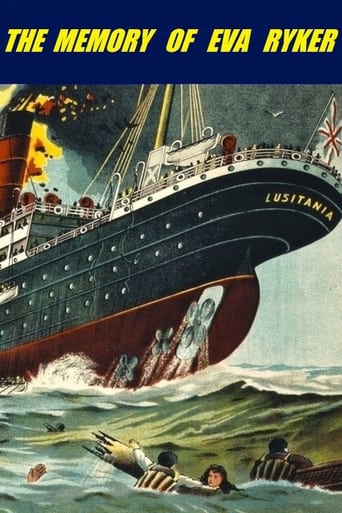The Truce (1997)
After the liberation of Auschwitz, an Italian prisoner of War begins a torturous voyage home to Turin, through a Europe caught between war and peace.
Watch Trailer
Cast


Similar titles
Reviews
I like the storyline of this show,it attract me so much
the audience applauded
best movie i've ever seen.
There are moments that feel comical, some horrific, and some downright inspiring but the tonal shifts hardly matter as the end results come to a film that's perfect for this time.
I watched this during the Liberation Day weekend along with 4 other Holocaust-themed movies so it was a bit of a challenge. The movie was good enough but the dialogue was rather chaotic. You had the Russians speaking Russian and the Germans screaming their heads off in German but how is it that the central Italian characters spoke English? I was in Rome recently and I must say they are very seriously inadequate in English there and I doubt it was any different especially in WWII. I could understand if the lead character and the Greek spoke in English but the other Italian characters all spoke English too. Perhaps it was necessary to reach a wider audience but the authenticity wasn't there. However, the movie did show subtle signs of the various myths of the Holocaust like when Primo Levi (John Turturro) tried to sell his wares in the Polish market but was shunned against; I had heard that the Poles practically handed the Jews to the Germans on a silver plate so Primo's experience showed a little of what the Poles were really like. I thought John Turturro did a brilliant job; he was almost unrecognisable. This movie did show how it was like after the fall of Berlin; the German soldiers were made to work without food and how one of them fell on his knees when Primo Levi showed his concentration camp uniform to him. It showed very subtle signs of the Holocaust but focused more on their journey home and how they tried to cope with their newfound freedom and the fact that their peers, friends and family were all gased and they survived. It was a good movie but it could've been better.
I suppose everyone has seen one or more film representations of The Holocaust, but this one is different. It focuses not on the horror of the events themselves, rather, it's main thrust is struggle to return from the nightmare.I liked the film for its apparent accuracy in location and the detail of what it was like for some of the Jews liberated from Auschwitz to find their way back to their homelands. Virtually helpless, the Jews in Primo Levi's autobiography embark on an odyssey that eventually gets them back to their homes -- at least some of them. All the more surprising is that Stalin's Soviet Union is their main benefactor throughout all of this. While this is supposed to be an autobiography, I have to wonder at some of the scenes, for example, when the train load of Jews arrives at the Munich main rail station, a former Werhmacht soldier kneels before them. In another, a Jew with barely enough food for himself, gives some bread to German POWs in Russia so that he can watch them fight over it. The irony is unmistakable.Overall, I liked the film. It's one you have to see more than once because of all the detail. It's a bit difficult to follow the dialog in part, because much of it is in the language of the people who are represented: Poles, Russians, Ukrainians, French, Germans, Italians. Not only that, but the English dialog is accented and somewhat difficult to follow.I intend to see it at least one or two more times in order to get the full effect of this very well done story.
for being a movie on such a sensitive subject, the holocaust, and directed by one of the great italian directors, I really had high expectations. But there were silly moments that were clearly intended to please the movie going crowds, those who can enjoy a romantic remark or stereotyped environment, but not challenging a movie audience to think a little more. Scenes like the dining table with italian soldiers, for example, was just silly. While all the pan-european characters spoke in their native tongues, the italian soldiers were dubbed in english. The dialoges were clearly intended to please the crowds, to show how "fun-loving" italians are, always singing, always eating, always together. From a great book, a mediocre movie. Contrast this with another holocaust movie made also in italy, "Life is Beautiful", and in this film, the language differences is instead exploited to make it a great film. As for the tongue that should be used to make a holocaust film authentic, Yiddish should be used, except of course for the russian and german soldiers, and the western european jews that spoke no yiddish. All eastern european jews that found themselves struggling together in the camps did not speak Polish, Romanian, German, or Hungarian, but the language that was common to most of all, Yiddish. Don't know of a holocaust movie that is like that.
A really great movie. From my point of view, this hits the same genre that "Saving Private Ryan" and "The Thin Red Line" created in 1998. Francesco Rosi does neither need the bloody pictures of Spielberg nor the beautiful nature of Malick to create the right mood. This was the first time, a film became true applause, in the sneak preview at my favourite cinema in Berlin. Nothing more to tell - everybody should see it.

